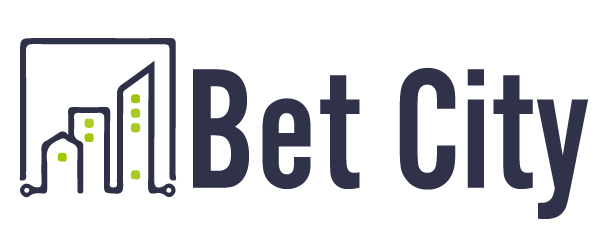In recent years, there has been a notable shift in the landscape of education, marked by the rise of home tutoring programs. This phenomenon represents a departure from traditional classroom settings, reflecting a growing demand for customized education tailored to the unique needs of individual learners. The reasons behind this surge are diverse, ranging from concerns about the one-size-fits-all approach in mainstream education to the desire for personalized attention and a more flexible learning environment. One of the driving forces behind the popularity of home tutoring programs is the recognition that every student learns differently. In conventional classrooms, teachers often face the challenge of accommodating diverse learning styles, resulting in some students struggling to keep pace while others may feel unchallenged. Home tutoring offers a solution by providing a personalized curriculum that caters to the specific strengths and weaknesses of each student. Tutors can adapt their teaching methods, pace, and content to match the individual learning preferences and academic goals of their students.
This tailored approach not only enhances comprehension but also fosters a deeper appreciation for learning, as students engage with material in a way that resonates with their unique cognitive processes. Moreover, the rise of home tutoring programs reflects a growing dissatisfaction with the standardized testing culture that dominates many educational systems. Parents and educators alike are increasingly questioning the efficacy of a system that places undue emphasis on exam scores rather than fostering a genuine understanding of the subject matter. Home tutoring programs provide an alternative where the focus is shifted from rote memorization to critical thinking, problem-solving, and a holistic understanding of the subject. This shift aligns with a broader movement in education that emphasizes skills development and a more comprehensive approach to learning. Flexibility is another key factor contributing to the surge in home tutoring programs. The traditional school schedule, with fixed hours and a rigid curriculum, often fails to accommodate the diverse needs of students.
上門補習, on the other hand, allows for a flexible timetable that can be adapted to the student’s lifestyle and commitments. This flexibility is particularly beneficial for students involved in extracurricular activities, those with learning disabilities, or those who simply thrive in a more relaxed and personalized setting. The one-on-one interaction with a tutor also promotes a comfortable and supportive learning environment, encouraging students to ask questions and seek clarification without fear of judgment from peers. As technology continues to advance, the home tutoring landscape is further enriched by online platforms and virtual resources. These tools enable tutors to seamlessly integrate multimedia elements, interactive exercises, and real-time feedback, enhancing the overall learning experience. The rise of home tutoring programs signals a paradigm shift in education, emphasizing the need for a more personalized, flexible, and technology-driven approach to learning. As this trend gains momentum, it prompts a reevaluation of traditional educational models and opens up new possibilities for shaping the future of education.
